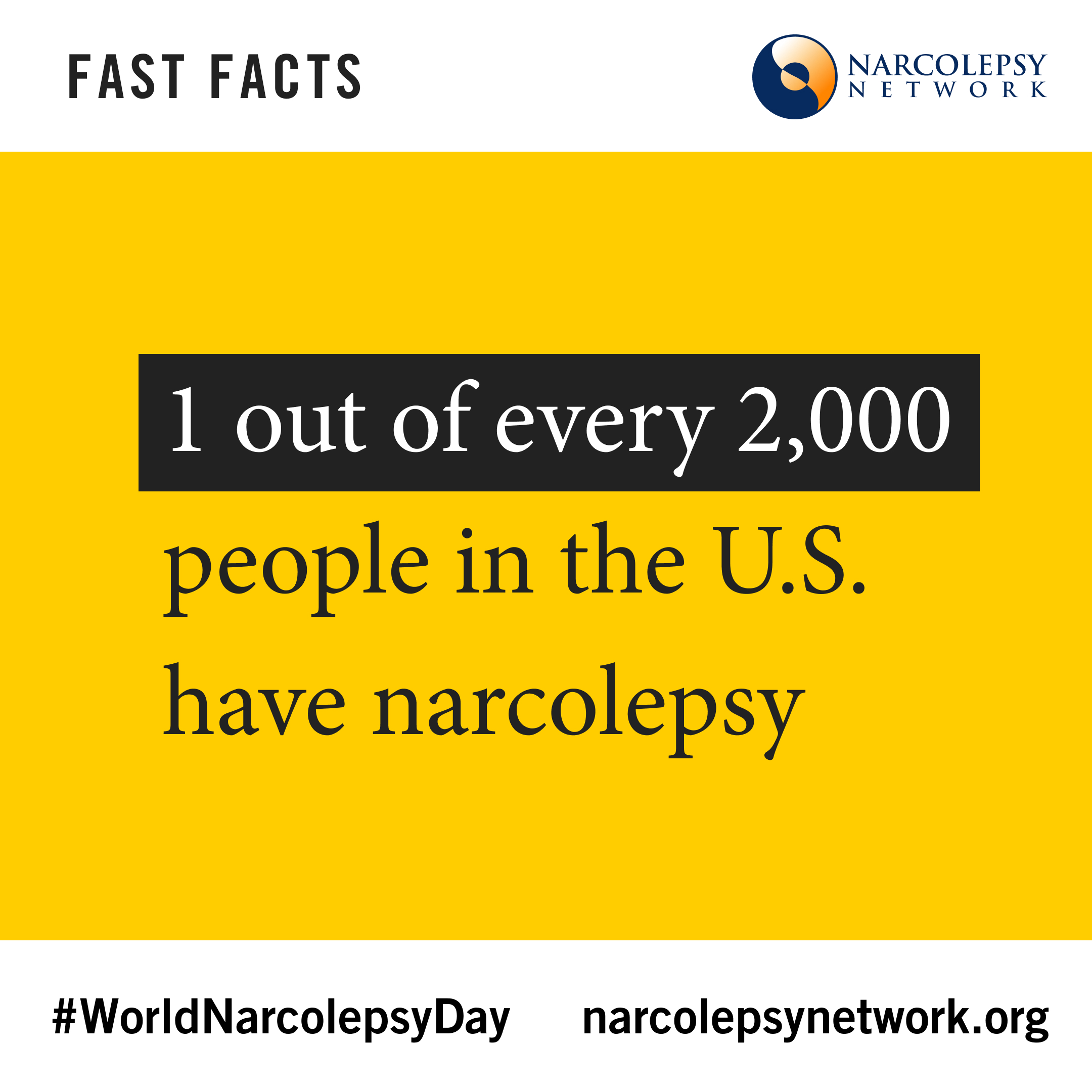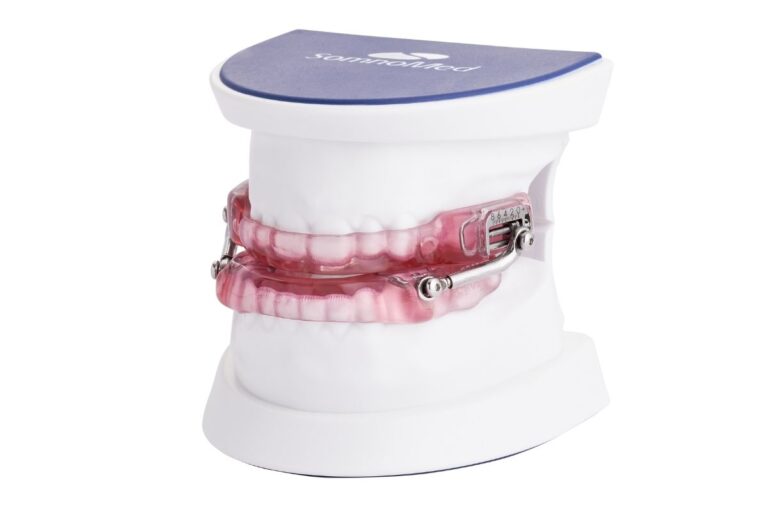Better Night’s Sleep Awaits: Oral Appliance Therapy for Sleep Apnea at Comprehensive Sleep Care Center
A Better Night’s Sleep Awaits: Oral Appliance Therapy for Sleep Apnea at Comprehensive Sleep Care Center
Are you struggling with obstructive sleep apnea (OSA) or chronic snoring? Discover an effective, comfortable, and hassle-free solution with Oral Appliance Therapy (OAT) at Comprehensive Sleep Care Center. Designed as a trusted alternative to CPAP machines, OAT offers a simpler, more convenient way to improve sleep quality, boost energy, and enhance overall health.
What Is Oral Appliance Therapy?
Oral Appliance Therapy uses a custom-fit oral appliance, often called a Mandibular Advancement Device (MAD), to gently reposition your jaw and keep your airway open while you sleep. This non-invasive treatment is compact, portable, and easy to use—perfect for those who find CPAP machines cumbersome or uncomfortable.
Unlike CPAP machines, oral appliances:
- Don’t require electricity.
- Operate silently.
- Have higher patient compliance rates.
Recognized by the American Academy of Sleep Medicine (AASM) and the American Academy of Dental Sleep Medicine (AADSM), Oral Appliance Therapy is a proven first-line treatment for mild to moderate OSA and an excellent solution for managing chronic snoring.
Benefits of Oral Appliance Therapy
- Non-invasive CPAP alternative: Ideal for sleep apnea and snoring.
- Compact and travel-friendly: Easy to take wherever you go.
- Higher compliance rates: Comfortable and discreet.
- Improves sleep quality: Reduces daytime fatigue and restores energy.
- Supports cardiovascular health: Promotes better overall well-being.
- No bulky equipment: No need for electricity or noisy devices.
- Stops snoring: Enjoy peaceful nights for you and your loved ones.
Covered by Medical Insurance
At Comprehensive Sleep Care Center, we aim to make this treatment accessible and affordable. Oral appliances are classified as durable medical equipment (DME) under medical insurance, not dental insurance, so they may be covered by your insurance plan (minus your deductible and co-pay).
Why Choose Comprehensive Sleep Care Center?
With 10 convenient locations across Virginia and Maryland, including Alexandria, Arlington, Bethesda, Chantilly, Dumfries, Fredericksburg, Germantown, Lansdowne, Manassas, and Woodbridge, Comprehensive Sleep Care Center provides expert care for sleep disorders.
Our dedicated providers specialize in Oral Appliance Therapy, tailoring personalized treatment plans to meet your specific needs. Whether you’re experiencing CPAP intolerance or seeking a more manageable solution, our team is here to help you achieve better sleep and health.
Take the First Step Toward Better Sleep
Say goodbye to the discomfort and inconvenience of CPAP machines and hello to a simple, effective alternative. Oral Appliance Therapy at Comprehensive Sleep Care Center is your path to restful nights, renewed energy, and improved well-being.
Contact us today to schedule a consultation and learn how Oral Appliance Therapy can transform your sleep and enhance your quality of life.


